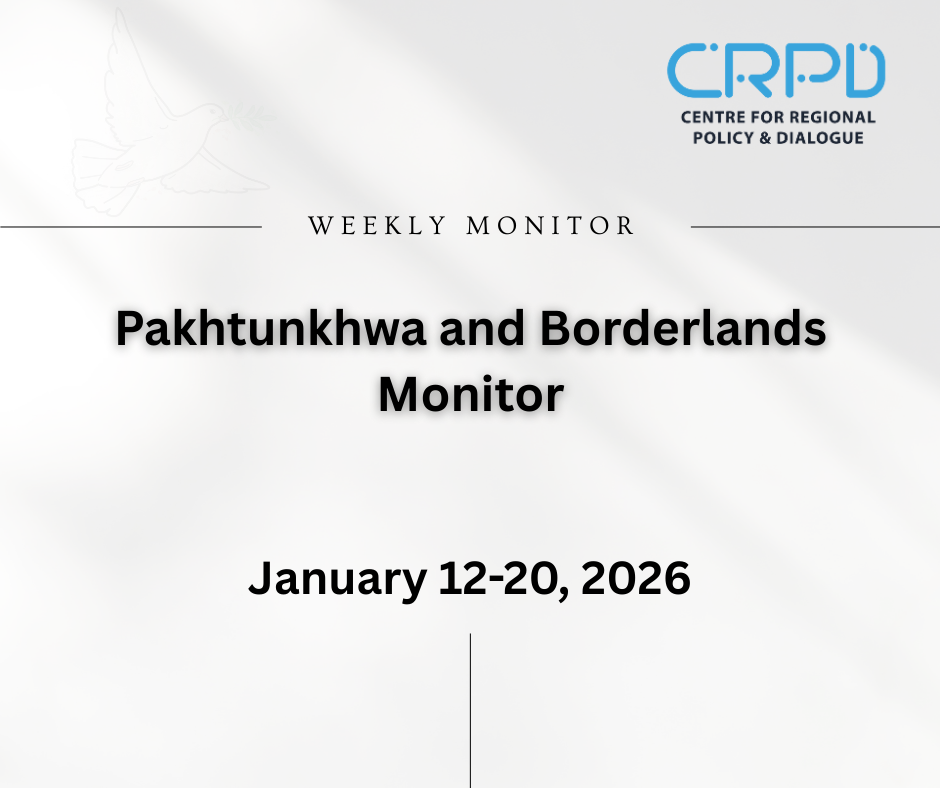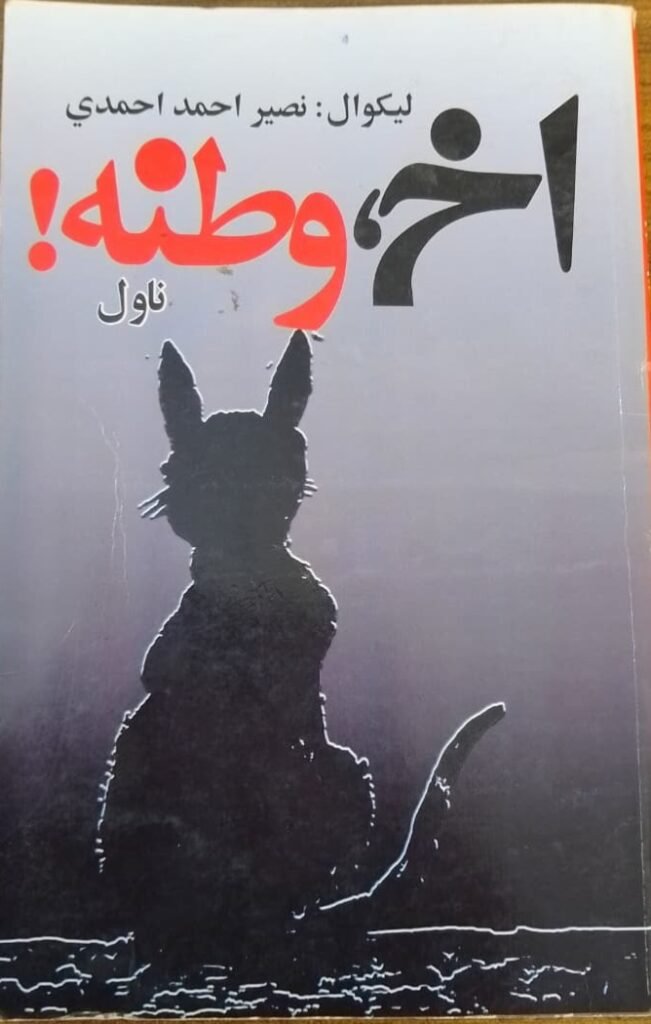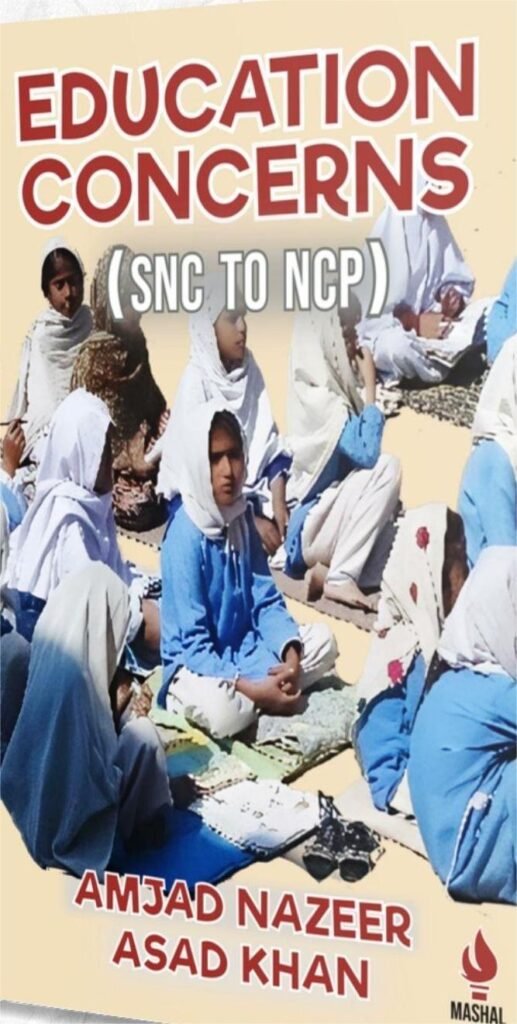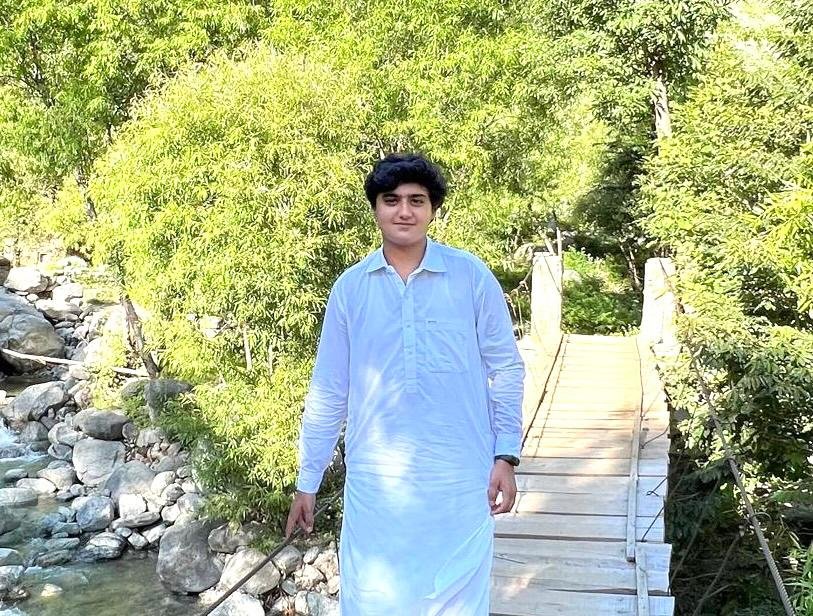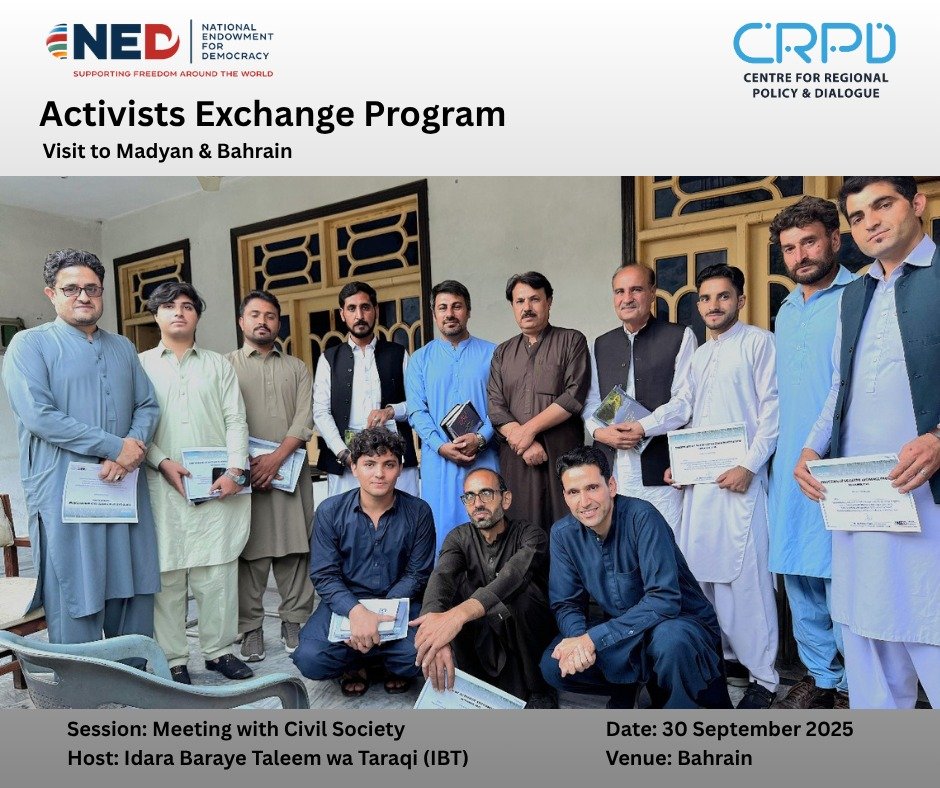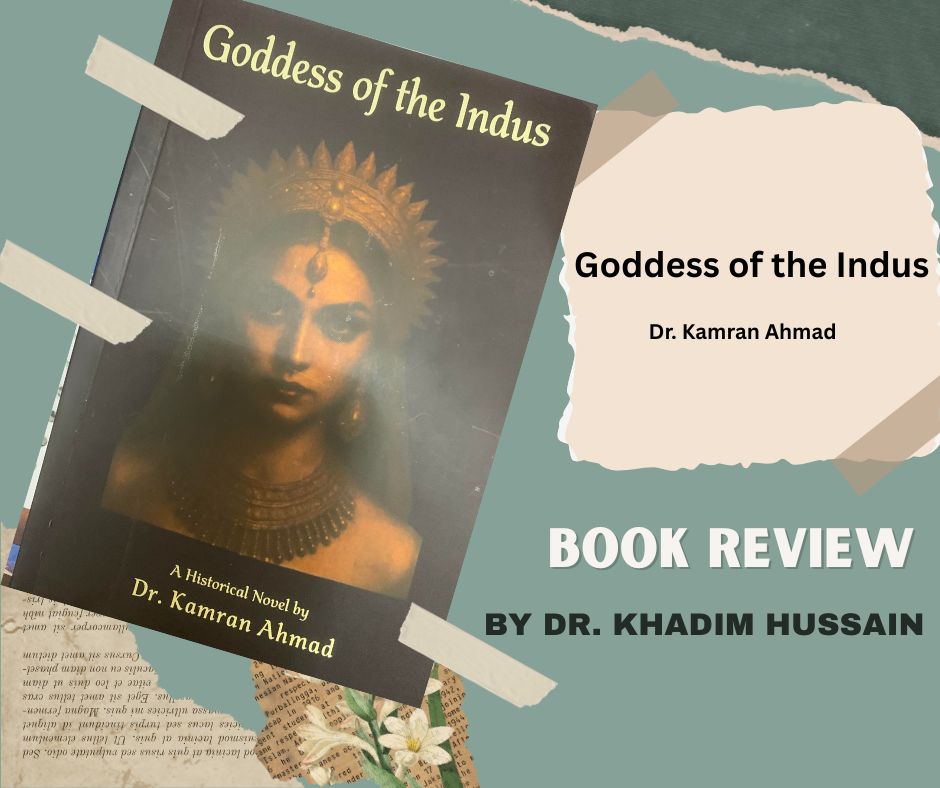By Farman Wazir
Historically Pakistani Politics has remained patriarchal in nature, where women find a little space to participate in the electoral process. A positive development has been seen in the province of Khyber Pakhtunkhwa regarding the political empowerment of women where a visible number of women contestants contested in the general election 2024. From Peshawar to Chitral and Buner in addition to the newly merged district of South Waziristan, women have participated in the election. Women candidates for the elections organized rallies, drawn out huge crowds during the election campaign in their respective constituencies. This showed a positive sign of more inclusive and progressive politics in Khyber Pakhtunkhwa. This article elaborates the courage of women contestants along with the trust of political parties that they showed by allotting party tickets to these women. This article also discusses that how Pashtun men welcome women candidates and took part in their gathering during the campaign.
General elections 2024 conducted on 8th February in the midst of general dissatisfaction and disparity in Pakistan due to economic and political crisis. It is an evident fact that inclusive politics alongside democratic values and practices could be the possible solutions to all the economic and political problems this country has confronted so far. Women, in rest of the world are part of the social, political and economic change. Unfortunately, Pakistani social and political landscape was missing women representation, but now women see themselves as agents of political change. The mentioned change could be seen equally in Khyber Pakhtunkhwa, where women contested elections as party candidates or independently for both provincial and national assembly. A record of 47 women candidates in Khyber Pakhtunkhwa were contesting elections from general seats.
In 2017 Election Commission of Pakistan (ECP) made mandatory of all political parties to issue at least 5% tickets to female candidates in the general elections. The political parties in compliance with the Act of ECP in Khyber Pakhtunkhwa have vowed to bring more women to the main stream politics and to issue them party tickets. Awami National Party (ANP), a secular, leftist and Pashtun nationalist party has always believed in and practiced politics where there is more political inclusion of women. The Political struggle of Begum Nasim Wali khan paved way for women to participant in politics the way men are participating. ANP has issued tickets to six females, one for national assembly and five for Provincial assembly. These seven women contested election on party tickets. Khadija Bibi contested elections for National assembly from NA-1 Chitral. This list of female candidates awarded with party tickets for provincial assembly of Khyber Pakhtunkhwa include Shaheen Zameer from (PK-40) Mansehra, Samar Haroon Bilour from (PK-83) Peshawar, Irum Fatima from (PK-47) Haripur, Farazia Shaheen from (PK-46) Haripur, Shahnaz Raja from (PK-42) Abbottabad. Despite of suffering heavily on the hands of terrorists in 2012, Bilour family did not quit its political struggle and yet continued their efforts to bring peace and prosperity to Khyber Pakhtunkhwa. Samar Haroon Bilour the provincial spokesperson of Awami National Party, following the legacy of Bilour family, is striving hard and carried out election campaigns in streets of Peshawar and contested to reinstate the Political fame and stature of the Bilour Family and carry out Bacha Khan’s philosophy in the upcoming General elections 2024.
Eight candidates contested election of Pakistan People’s Party (PPP) ticket from Khyber Pakhtunkhwa. Three females contested for national assembly while to five females for Khyber Pakhtunkhwa Assembly. Shazia tehmas, Mehar Sultana, and Farzana Shireen contested elections for national assembly from NA-24 Charsada, NA-38 Karak and NA-39 Bannu respectively. Dr. Sawera Parkash, Sajida Tabassum, Shaista Raza, Dr. Ghazal Atta and Aneela Shahazad contested elections for general seats of Khyber Pakhtunkhwa assembly from Pk-25 Buner, Pk-39 Mansehra pk-48 Haripur, Pk-49 swabi-1 and Pk-54 Mardan respectively. Dr. Sawera Parkash a Hindu girl has become a new charm and hope in the Political scenario of Khyber Pakhtunkhwa. A first female Hindu who contested elections on provincial assembly seat from PK-25 Buner. She has caught the attention of millions of people on social media and has become the headlines of national and international print media.
Pakistan Muslim league Nawaz (PML-N), also has presence in Khyber Pakhtunkhwa. Two women contested elections on PML-N party tickets. The candidates include Sobia Shahid (NA-29 Peshawar 11 and NA-31 Peshawar-iv) and Fara khan (NA-24 Charsada-1). Apart from PML-N, Jamiat ulema-e-Islam Fazal Rahman (JUI-F) a religious party has also allotted tickets to three female candidates on general seats of the Provincial assembly Khyber Pakhtunkhwa. Pakistan Tehreek-e-Insaf parliamentarian (PTI-P) also allotted ticket to Dr. Asia for NA-35 Kohat and to Sumi Falak on PK-76, Noshehra. Pakistan Qaumi Watan Party, Pakistan Markazi Muslim leaque and Tehreek Jawanan Pakistan issued tickets to Rukhsana Rasheed for PK-47 Haripur, Samreen Rashid for PK-75 and Rahma Sehr for the seat of Pk-79 respectively.
Ayesha Gulalai an independent contestant contested for national assembly general seats from NA-42, South Waziristan. Women are hard to be seen on the political landscape of South Waziristan – some of reasons of this exclusion have already been mentioned earlier. Instead of odds the people in the constituency participated in the gatherings – though small – to give a gesture of accepting women rights of contesting in the election and participating in the political process in the area. She could move from village to village during the campaign, which again shows that Pashtuns inhabited areas are the safest for women political participation.
Khyber Pakhtunkhwa sees a high trend in political inclusion of women which is a tremendous development. Social and political inclusion, particularly women’s inclusion, always brings a great change. This change can be seen in Khyber Pakhtunkhwa where the whole [social] structure is welcoming women’s and minority participation in the [electoral] politics in the province. The greater number of women participation in electoral politics in particular and politics in general, shows that Pashtuns are welcoming women’s participation. The mentioned participation has also revealed that fact that security threats do not prevent women’s participation in politics rather it is the “securitization” which does. Moreover, the improved number of women contestants in the recent general election of 2024 indicates that Pashtuns are denying “tribalism”. As mentioned earlier, women carried out impressive campaign during the election in their respective constituencies showed that women exclusion in Afghanistan, particularly in the Pashtuns populated provinces, is not due the social and cultural issues rather they are being excluded under a designed and imposed structure. It is fact that the change is slow but the civil society, political parties should further encourage women to take part in politics.
The author is M.Phil in International Relation and Research Fellow in CRPD
